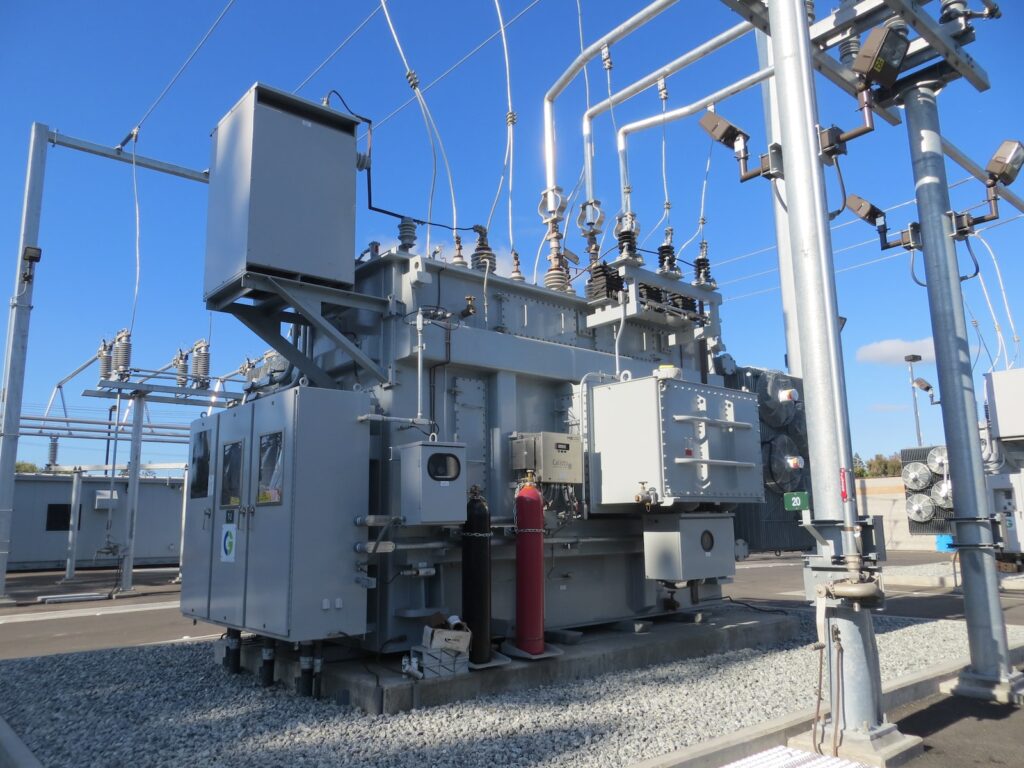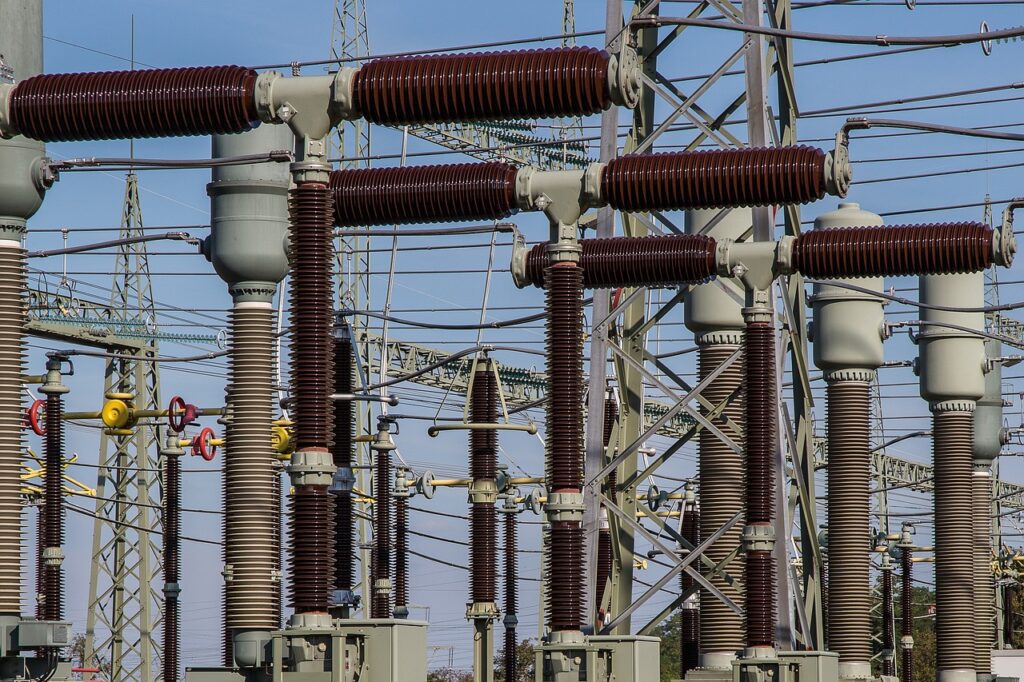

Power generation is a crucial part of our modern world. Without electricity, most of the technology and infrastructure that we rely on every day would come to a halt.
From powering our homes and businesses to enabling transportation and communication, the power generation industry plays a vital role in keeping our society running smoothly.
In this article, we will explore the potential benefits and drawbacks of pursuing a career in power generation.
We will look at the different types of power generation, the education and training requirements, job outlook and salary expectations, and the advantages and challenges of working in this industry.
Whether you’re just starting out in your career or considering a change, this article will provide valuable insight into the opportunities and challenges of working in the power generation field.
Is Power Generation a Good Career Path in 2024?
Yes, it is. With the increasing demand for reliable and sustainable sources of energy, the power generation industry is expected to grow in the coming years.
This presents a unique opportunity for individuals who are looking to enter the field, as there is a growing need for skilled and qualified workers.
From renewable energy sources, such as solar and wind power, to traditional forms of energy, such as coal and nuclear power, the power generation industry offers a wide range of job opportunities.
Job Opportunities in Power Generation


One of the key benefits of a career in power generation is the wide range of job opportunities that are available in this field.
The power generation industry is diverse, with a range of different career opportunities available.
Some of the main types of power generation include fossil fuels (such as coal, natural gas, and oil) and renewable energy (such as solar, wind, and hydroelectric).
Within each of these categories, there are various job titles and roles
Depending on your skills, interests, and qualifications, there are a number of different job roles that you can pursue in the power generation industry. Some of the most common job titles in this field include:
- Power plant operator: Power plant operators are responsible for operating and maintaining power plants, ensuring that they are running efficiently and safely. This job typically requires a high school diploma or equivalent, as well as specialized training and certification.
- Renewable energy technician: Renewable energy technicians are responsible for installing, maintaining, and repairing renewable energy systems, such as solar panels and wind turbines. This job typically requires an associate’s degree in renewable energy technology and on-the-job training.
- Power market analyst: A Power market analyst studies market trends and evaluates the feasibility of different power generation projects
- Electrical engineer: Electrical engineers are responsible for designing and developing electrical systems for power plants and other facilities. This job typically requires a bachelor’s degree in electrical engineering and licensure as a professional engineer.
- Environmental Specialist: Environmental specialists are responsible for ensuring that power generation facilities are in compliance with environmental regulations. This job typically requires a bachelor’s degree in environmental science or a related field, as well as experience in the industry.
- Nuclear engineer: Nuclear engineers are responsible for designing and developing nuclear power plants and other facilities. This job typically requires a bachelor’s degree in nuclear engineering, as well as specialized training and certification.
- Safety coordinator: The safety coordinator develops and implements safety protocols for power generation facilities to protect workers and the public.
These are just a few examples of the many job opportunities that are available in the power generation industry.
In addition to these specific job titles, there are also many other careers in the power generation industry, including project managers, sales and marketing professionals, and support staff. No matter your interests and skills, there is likely a role in power generation that would be a good fit for you.
Also Read: Is Air Freight/Delivery Services a Good Career Path?
Education and Training Requirements


The education and training requirements for a career in power generation vary depending on the specific role you are interested in.
For many positions, a college degree is preferred, if not required. Degrees in engineering, such as electrical engineering or mechanical engineering, are particularly relevant for power generation careers.
Other degrees that may be helpful include environmental science, business, and computer science.
In addition to a college degree, many power generation careers also require on-the-job training or continuing education.
For example, power plant operators may need to complete apprenticeships or other hands-on training programs.
Electrical engineers may need to earn professional certifications, such as the Licensed Professional Engineer (PE) certification.
Renewable energy technicians may need to complete specialized training in the maintenance and repair of renewable energy equipment.
It is worth noting that the education and training requirements for a career in power generation may be demanding.
Still, they can also provide valuable skills and knowledge that can open up a wide range of opportunities in the industry.
Job Outlook and Salary Expectations For A Career in Power Generation
The job outlook for the power generation industry is positive, with many experts predicting steady growth in the coming years.
As more and more countries transition to renewable energy sources and invest in new power generation technologies, the demand for skilled workers in the industry is expected to increase.
In terms of salary expectations, the range can vary depending on the specific role and level of experience.
According to data from the Bureau of Labor Statistics, the median annual salary for power plant operators is around $94,790, while electrical engineers earn a median salary of around $105,000.
On the other hand, renewable energy technicians have a median salary of around $56,000 per year. Of course, these are just averages, and actual salaries may vary depending on the specific job, location, and other factors.
Overall, a career in power generation can offer competitive salaries and good job prospects, making it an attractive option for many people.
The power generation sector typically offers a comprehensive benefits package, including healthcare, retirement plans, and paid time off.
Also Read: Is Clothing/Shoe/Accessory Stores a Good Career Path?
Advantages of a Career in Power Generation


One of the major advantages of a career in power generation is job stability and security. The power industry is essential to our modern way of life, so there will always be a need for skilled workers to generate and distribute electricity.
This can provide a sense of security and peace of mind, knowing that your job is important and in-demand.
Another advantage of a career in power generation is the opportunity for advancement and professional development.
As you gain experience and expertise in your field, you may be able to move up the ladder and take on higher-level roles with more responsibility and higher salaries.
Many power generation companies also offer training and development programs to help employees improve their skills and knowledge.
Overall, a career in power generation can offer many benefits, including job stability, opportunities for advancement, and the satisfaction of knowing that you are contributing to a crucial industry.
Challenges of a Career in Power Generation
Of course, like any career, a career in power generation also has its challenges. One potential challenge is the potential for hazardous working conditions.
Power plant operators, for example, may work in noisy, hot, and cramped environments and be exposed to potentially dangerous equipment and chemicals.
Electrical engineers and renewable energy technicians may also face similar hazards, depending on the specific job and location.
Another challenge of a career in power generation is the potential for environmental and social controversies. Some forms of power generation, such as coal and oil, have been criticized for their negative impacts on the environment and public health.
On the other hand, renewable energy sources are not without their own controversies, such as the potential impact on wildlife and natural habitats.
As a power generation professional, you may need to navigate these complex issues and balance the need for electricity with the potential consequences.
Overall, while a career in power generation can be rewarding, it is important to be aware of the potential challenges and make an informed decision before pursuing this path.
Final Thoughts
In conclusion, power generation is a crucial industry that offers many career opportunities for people with a range of skills and interests.
From operating power plants to designing and maintaining equipment, there are many ways to make a difference in this field.
A career in power generation may require advanced education and training, but it can also offer job stability, opportunities for advancement, and competitive salaries.
Of course, like any career, power generation also has its challenges, including the potential for hazardous working conditions and environmental and social controversies.
Before pursuing a career in power generation, it is important to carefully consider the potential benefits and drawbacks and make an informed decision.
However, a career in power generation can be a rewarding and fulfilling choice for many people.



